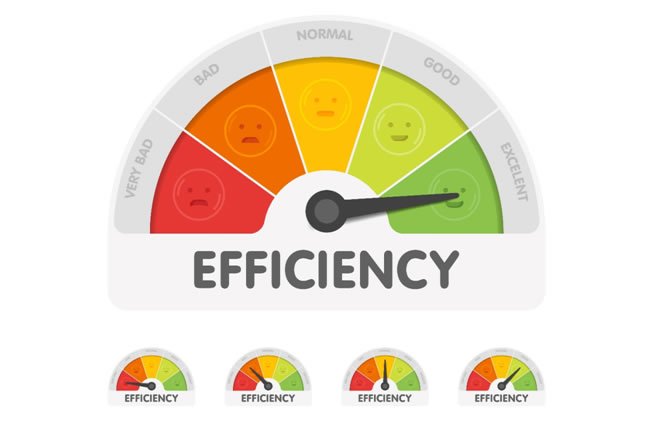When I was growing up it was a very common thing to hear my dad say, “Do you think money grows on trees? Turn those lights off!” And we definitely had to keep the heat low in the winter. We had to shut doors, seal windows, close drapes, and do whatever would conserve energy.
Why? Because that was the only way to lower the electric bill. At times it was annoying, mostly because it was something we constantly had pointed out to us by Dad.
Energy Conservation: The Traditional Approach
Energy conservation involves reducing energy consumption through changing habits and making sacrifices. Examples include using appliances less frequently, turning off lights when not needed, and keeping the heat low during colder months. These practices, while effective in saving energy, often require a degree of sacrifice and a conscious effort to alter behavior.
Energy conservation is about minimizing activities that consume energy to achieve lower energy costs. While this approach is valid and can contribute to significant savings, it is not the only method available to reduce energy consumption and manage energy bills.
Embracing Energy Efficiency
Energy efficiency, on the other hand, maintains the same level of service or output while using less energy. This is achieved through technology and improvements that enhance the performance of appliances and systems, resulting in lower energy consumption without requiring behavior change or sacrifice.
Switching from incandescent bulbs to LED lights, using Energy Star-rated appliances, and installing smart thermostats are all examples of energy efficiency improvements. These technologies provide the same level of functionality, comfort, and convenience but consume less energy, thus reducing energy bills and minimizing energy waste.
The Investment in Energy Efficiency
Adopting energy-efficient solutions often requires an initial investment. However, this should be viewed as a long-term investment rather than a one-time purchase. The utility bill savings generated over time can offset the initial costs and even provide a positive return on investment.
Additionally, energy-efficient upgrades can enhance the value of your property, making it a wise financial decision in the long run.
Combining Conservation and Efficiency for Maximum Savings
By understanding the difference between energy conservation and energy efficiency, and by implementing practices from both categories, it is possible to achieve maximum energy savings. While conservation requires a change in habits, energy efficiency relies on technological advancements and improvements.
Energy-intensive appliances and systems, such as air conditioners and hot water heaters, are significant contributors to energy bills. By focusing on energy efficiency improvements, such as upgrading to heat pumps or energy-efficient air conditioners, and by adopting energy-saving habits, like turning off lights when not in use, households and businesses can significantly reduce their energy consumption and energy costs.
Conclusion: A Nod to the Past and Embracing the Future

In conclusion, while we may have grown up with energy conservation practices ingrained in us, the availability of energy-efficient technologies today allows us to reduce energy consumption and save on energy bills without the need for constant vigilance or sacrifice.
We owe a lot to the generations before us for instilling the importance of energy conservation. However, with the advances in technology and a greater understanding of our impact on the environment, it is our responsibility to embrace energy efficiency and contribute to a sustainable future.
Hats off to dads everywhere and kudos to technology!
If you would like to ensure that you are getting the best energy rate for your business get a free quote today! For home owners, compare rates in your area so you know you are getting the best deal.



